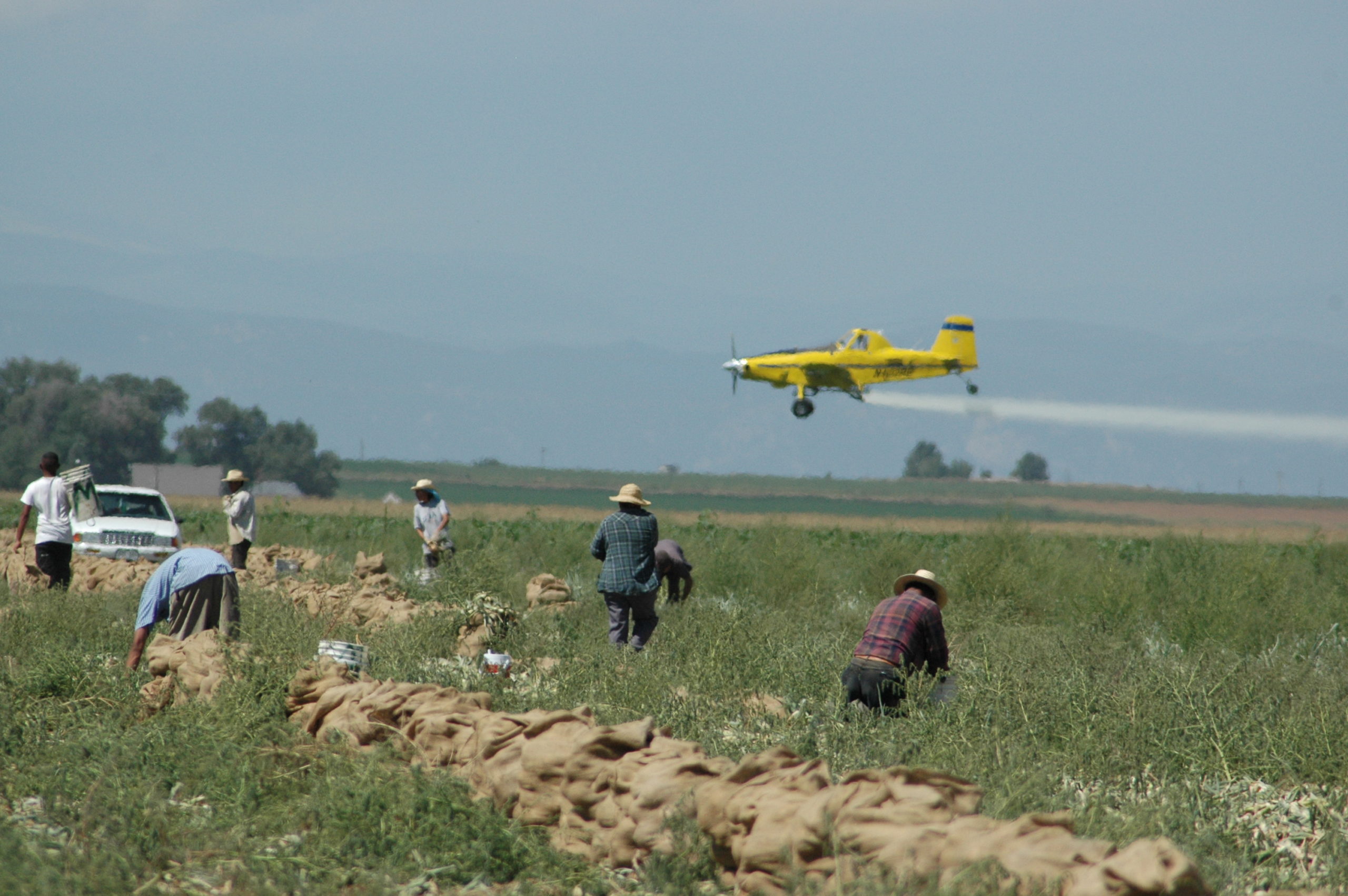The federal employment laws meant to provide protection for agricultural workers need more enforcement in order to improve the conditions in our fields, according to a new report released today.
The report by Farmworker Justice analyzes the Department of Labor’s (DOL’s) statistics on its enforcement of the minimum wage and other basic labor protections applicable to agricultural workers on farms, ranches, and dairies. Widespread violations of the minimum wage and other wage-hour laws in agriculture harm farmworkers, as well as the many law-abiding businesses suffering competitive disadvantage caused by unscrupulous employers.
In “U.S. Department of Labor Enforcement in Agriculture: More Must Be Done to Protect Farmworkers,” a report based on reviewing 8 years of agency data under two presidents, Farmworker Justice found a mixed record. The number of investigations of agricultural workplaces conducted by the Department of Labor’s Wage and Hour Division remained fairly consistent despite the hiring of additional investigators and a stated commitment to improving compliance on farms. The data revealed increases in the amount of time spent by agency investigators on agricultural workplaces, increases in the number of farmworkers at investigated employers, as well as increases in the amounts of backpay assessed for violations.
“Consumers of fruits and vegetables want to know that farmworkers in the field are treated decently, and law-abiding growers do not want to be undermined by businesses that violate wage-hour laws, but the reality is that there are widespread violations in agriculture. The U.S. Department of Labor plays an important role in deterring and remedying violations of law. The agency has modestly improved the quantity and quality of its enforcement of labor-protective laws, but many employers still view the risk and the financial consequences of getting caught as too small to deter them from violating the law,” said Bruce Goldstein, President of Farmworker Justice, a national advocacy group in Washington, D.C.
The report’s recommendations include:
• Increase the number of investigations per year and ensure that the Department seeks and collects the full measure of back pay, liquidated damages and civil money penalties.
• Continue increasing the Department’s use of important tools in the law, including the authority to ask a federal court to issue a “hot goods injunction” against the sale of goods produced in violation of the minimum wage. It also should continue increasing its use of the “joint employer” concept when farm operators deny that they “employ” any farmworkers on their farm and seek to impose sole responsibility for minimum-wage violations on farm labor contractors.
• Continue to improve collaboration with farmworker groups on the ground. DOL also should improve its education of the public and Congress about the value of its enforcement efforts on farms.
“The bottom line is that because many farmworkers are suffering systematic violations of basic labor standards, Congress should increase funding for enforcement of the wage-hour laws in agriculture. In addition, the Department of Labor should continue to allocate more investigator time to agriculture and continue to increase its use of all the tools that Congress provided to the agency to remedy and deter violations of employment laws,” added Goldstein.
Read moreNew Report by Farmworker Justice Reviews Dept. of Labor Enforcement in Agriculture


